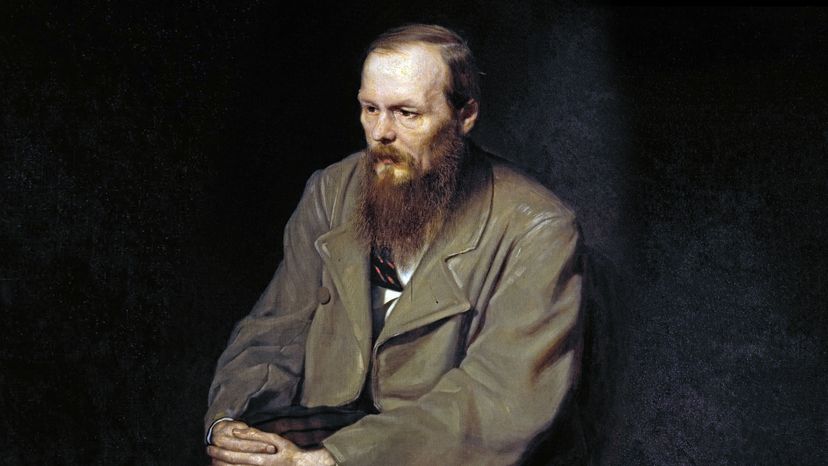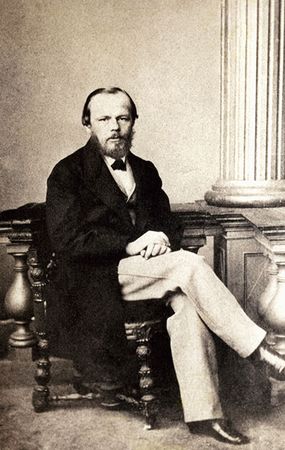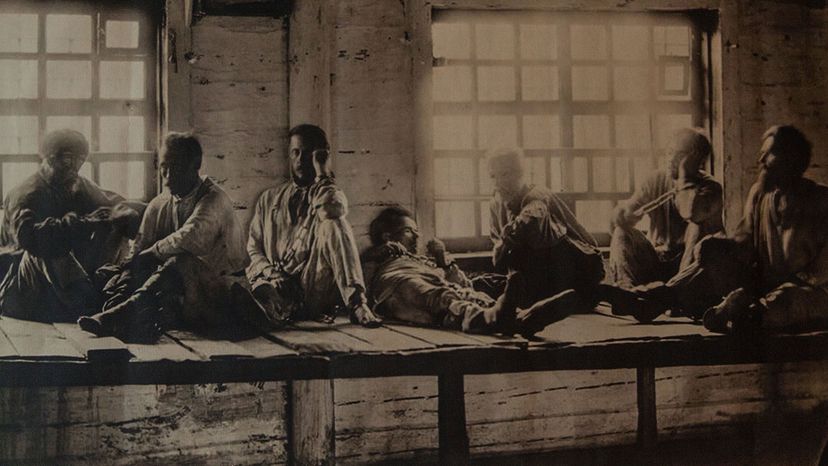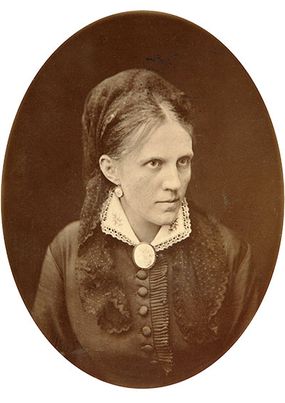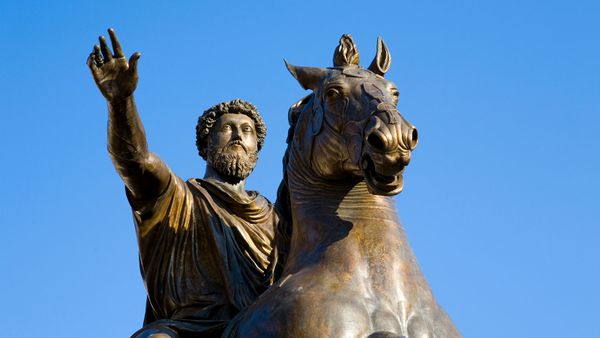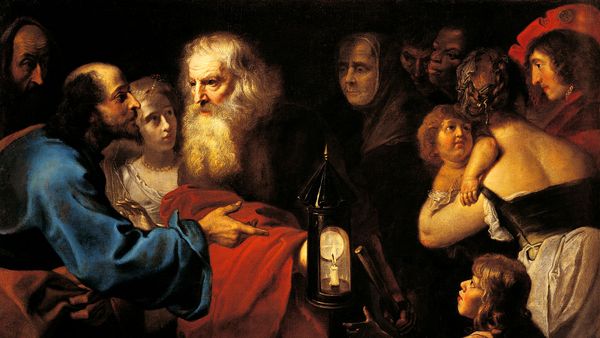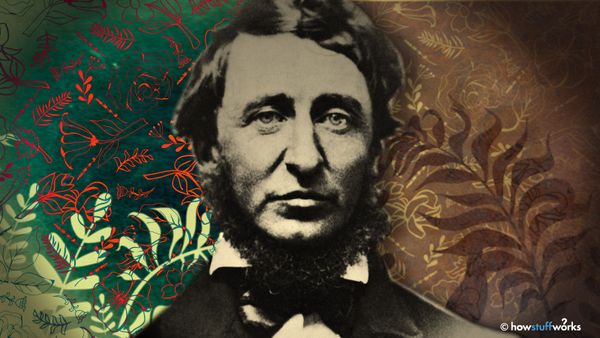By the time Dostoevsky was released from prison in 1854, some of the "radical" ideas that had so threatened the czar were now de rigueur among young European intellectuals and writers.
"The fashionable thing at the time was atheism, and new political movements like socialism and utilitarianism, which rejected religion," says Christofi. "Against that backdrop, Dostoevsky was quite unusual in his staunch defense of Christian faith." In a letter he wrote from prison, he said that "if someone proved to me that Christ is outside the truth," he'd prefer to remain with Christ than with the truth.
From his lifelong contact with the poor, Dostoevsky was sympathetic to the utopian movements that aimed to create a more egalitarian society, but he feared what would happen when God was unthroned and man was elevated in his place. Keep in mind that this was a half-century before the Bolshevik Revolution and the rise of a totalitarian communist regime that imprisoned and killed tens of millions under Stalin.
"Dostoevsky felt very strongly that a socialism based in atheism would end in violence," says Christofi. "In that, I think he was very prophetic."
Bonus quote: "lf there's no God and no life beyond the grave, doesn't that mean that men will be allowed to do whatever they want?" "The Brothers Karamazov" (1879)
4. "I admit that twice two makes four is an excellent thing, but if we are to give everything its due, twice two makes five is sometimes a very charming thing, too."
This quote is pulled from "Notes From Underground" (1864), Dostoevsky's response to a wildly popular philosophical novel from another Russian writer, Nikolai Chernyshevsky, called "What Is To Be Done?"
Chernyshevsky isn't a household name today, but back in the 1860s he influenced budding socialists, utilitarians and future communists with his utopian ideas. According to Chernyshevsky, human behavior is bound by the same rational, scientific laws as the rest of the universe.
"If we all just pursue our rational self-interest, then the world will become a wonderful place and we can do away with irrational concepts like God," says Christofi. "But all of this is based on the idea that human beings are these clockwork creatures who will only ever do the thing that is most rational."
In Dostoevsky's experience, that wasn't how people worked at all. As the quote above demonstrates, sometimes we can't resist saying that two and two is five, just to prove that we can.
"Sometimes people will do something perverse, even if it's just to prove that they're free," says Christofi.
Dostoevsky himself didn't always act in his rational self-interest. He was a gambler, for example. Today, we'd say that he had a gambling addiction, but Dostoevsky only knew that he couldn't pass up a game of roulette. Whether he was flush with cash or deep in debt, he gambled, and he lost far more than he won. There was nothing rational about such self-destructive behavior.
The anonymous main character in "Notes from Underground" was a mess of contradictions, a "free" human who could barely function in society. If left to follow his "rational self-interest," the result would be chaos, not utopia. Dostoevsky continued the theme in "Crime and Punishment," the first of his great novels, in which a man's cruelly rational plans to murder an old woman for money go terribly wrong.
Bonus quote: "There exists no greater or more painful anxiety for a man who has freed himself from all religious bias, than how he shall soonest find a new object or idea to worship." "The Brothers Karamazov" (1879)
